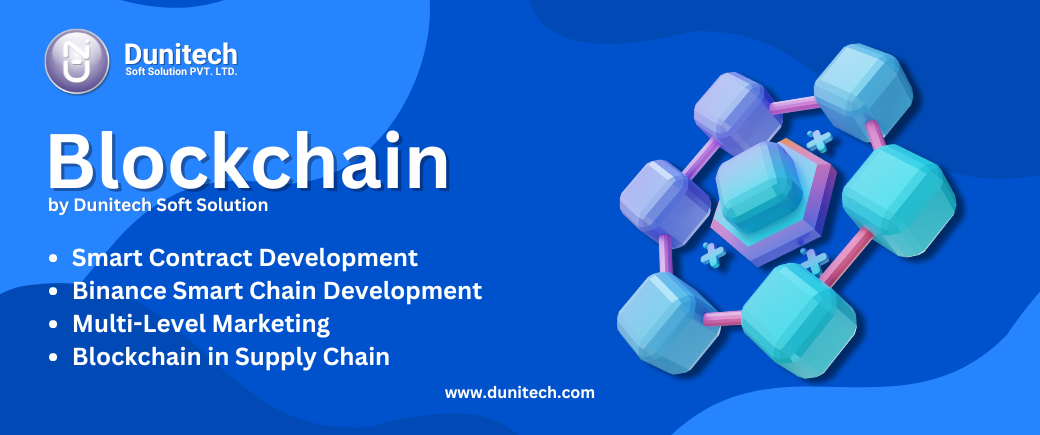
In the rapidly evolving landscape of decentralized finance (DeFi), the need for robust risk management solutions has never been more critical. As more users turn to DeFi platforms for lending, trading, and investment, concerns about security and potential losses grow. This is where DeFi insurance comes into play, providing a safety net that can help protect users from the unique risks associated with decentralized finance. At Dunitech Soft Solutions, we’re excited to explore the significance of DeFi insurance and how it can enhance user confidence in this innovative space.
What is DeFi Insurance?
DeFi insurance refers to insurance products specifically designed for the decentralized finance ecosystem. Unlike traditional insurance, which relies on centralized institutions, DeFi insurance utilizes smart contracts and blockchain technology to automate and decentralize the insurance process. This approach ensures transparency, efficiency, and security, allowing users to safeguard their assets against risks such as smart contract failures, hacking incidents, and market volatility.
The Importance of DeFi Insurance
1. Mitigating Risks
The DeFi ecosystem, while full of potential, is not without its vulnerabilities. Smart contracts can contain bugs, and decentralized platforms can be targets for hacks. DeFi insurance serves as a safety net, allowing users to recover a portion of their investments in the event of a loss. This protection encourages users to participate more actively in DeFi, knowing that they have a safeguard against unforeseen events.
2. Building Trust
Trust is essential for the growth of any financial system. The decentralized nature of DeFi can lead to skepticism among potential users. By integrating insurance solutions, platforms can foster greater trust and confidence. When users are aware that their investments are insured, they are more likely to engage with and invest in DeFi services.
3. Encouraging Innovation
With insurance coverage in place, developers can experiment with new financial products and services without the fear of catastrophic losses. This environment of security fosters innovation, driving the DeFi sector forward and creating a diverse array of financial solutions.
How Does DeFi Insurance Work?
DeFi insurance operates through a series of well-defined processes:
1. Risk Assessment
Insurance protocols evaluate various DeFi projects to assess associated risks. This assessment helps determine policy pricing and the likelihood of claims, ensuring that users are adequately covered.
2. Liquidity Pools
To fund insurance claims, users who purchase coverage contribute to a liquidity pool. This communal fund is utilized to pay out claims, distributing risk among all participants and creating a sustainable model.
3. Claims Process
When a covered event occurs, users can file a claim through the insurance platform. The claims are reviewed based on criteria outlined in the smart contract. Once verified, compensation is disbursed from the liquidity pool to the affected users.
4. Community Governance
Many DeFi insurance protocols use decentralized governance models, allowing token holders to vote on crucial decisions, such as policy terms and claims assessments. This approach ensures that users have a voice in the platform’s operations.
Leading DeFi Insurance Platforms
Several platforms are at the forefront of the DeFi insurance space:
- Nexus Mutual: One of the pioneers in DeFi insurance, Nexus Mutual offers coverage for smart contract failures. Users can purchase policies tailored to specific DeFi projects, providing a layer of security.
- Cover Protocol: Cover Protocol enables users to create customized insurance policies for various DeFi protocols, allowing for flexible risk management.
- InsurAce: InsurAce provides comprehensive coverage for a wide range of DeFi projects, utilizing a decentralized underwriting model that allows users to stake assets for rewards while offering insurance.
Challenges and Considerations
While DeFi insurance offers significant advantages, several challenges remain:
- Regulatory Uncertainty: The evolving regulatory landscape for DeFi and insurance can create uncertainties for providers and users alike.
- Complexity: The intricacies of DeFi insurance can be daunting for newcomers. Clear information and user-friendly interfaces are essential for broader adoption.
- Market Saturation: With the emergence of numerous DeFi insurance protocols, users may struggle to identify trustworthy options. Conducting thorough research is crucial.
Conclusion
DeFi insurance is an essential component of the decentralized finance ecosystem, providing vital protection and fostering user confidence. As the DeFi space continues to grow, the importance of insurance in mitigating risks and encouraging innovation will only increase.
At Dunitech Soft Solutions, we are dedicated to supporting the DeFi sector with innovative software solutions and expert insights. If you’re interested in exploring how DeFi insurance can enhance your projects or how we can help you develop secure and innovative DeFi applications, contact us today. Together, we can navigate the complexities of decentralized finance and create a more secure financial future for all!







